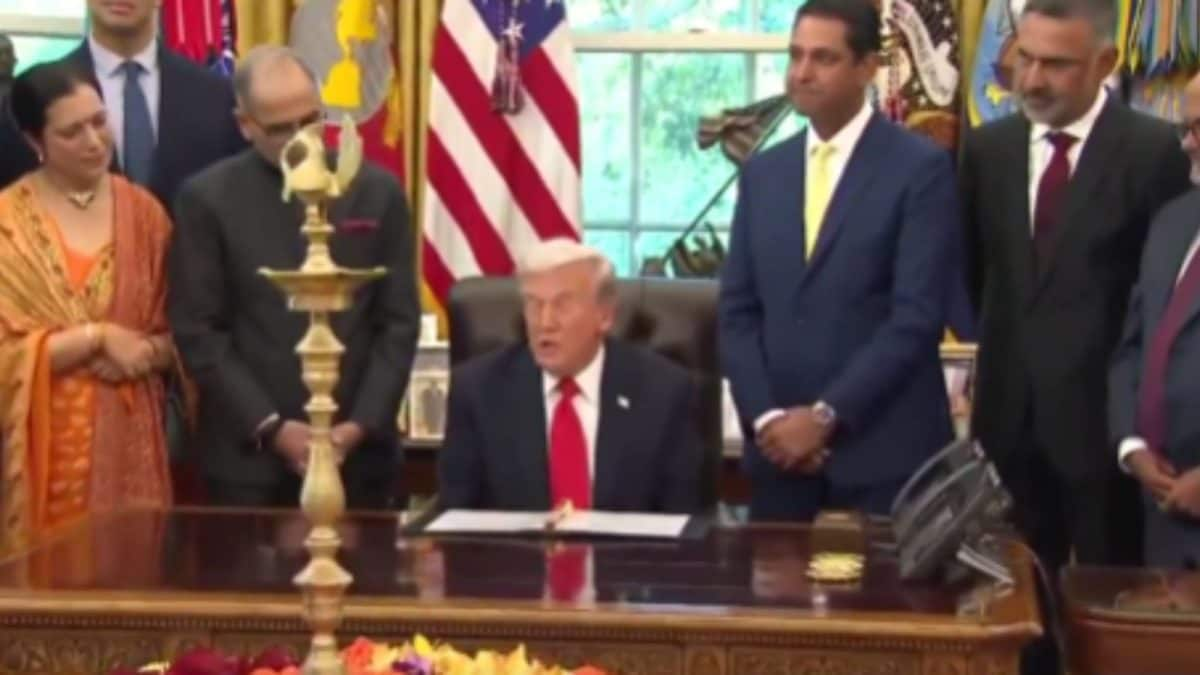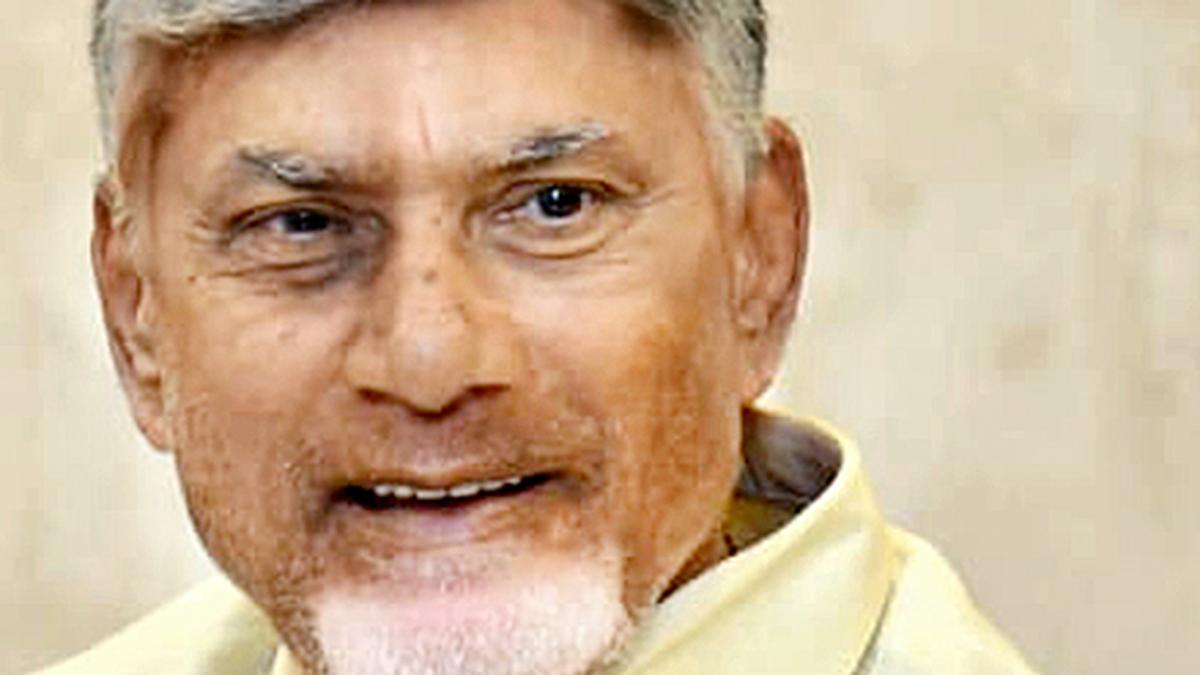ARTICLE AD BOX
Last Updated:October 21, 2025, 20:01 IST
Reports and statements from lawmakers paint a grim picture of a country where religious and militant groups operate with alarming impunity

The performance of the Pakistan Army and security forces has become a focal point of intense scrutiny in both the Senate and the KP Assembly. Representational pic/Reuters
A profound and escalating security crisis grips Pakistan, particularly the provinces of Khyber Pakhtunkhwa (KP) and Balochistan, fuelling concerns that the state’s writ is severely diminished, CNN-News18 has learnt.
Reports and statements from lawmakers paint a grim picture of a country where religious and militant groups operate with alarming impunity.
Militant Resurgence and State Failure
The Tehreek-e-Taliban Pakistan (TTP), alongside a network of extremist organisations including the TLP, JuD, and LeJ, is reportedly asserting influence across the country. Disturbing visuals surfacing on social media purportedly show TTP fighters openly dancing on motorways, distributing pamphlets, and even collecting funds for ‘Jihad,’ underscoring a brazen challenge to law enforcement.
In Khyber Pakhtunkhwa, the situation is increasingly dire. Lawmakers from the KP Assembly have raised pointed questions regarding the provincial security apparatus, with one PTI MPA alleging that militants are roaming freely, establishing businesses, blocking roads, and openly looting citizens. The increasing violence in KP and Balochistan highlights a perceived failure of security forces to maintain peace.
Parliamentary Scrutiny of the Military Establishment
The performance of the Pakistan Army and security forces has become a focal point of intense scrutiny in both the Senate and the KP Assembly. The criticism includes:
Failure to Contain Militants: MPA Amjad Ali Khan publicly stated that despite the Army’s claims of capturing check-posts, they failed to apprehend 500 militants in the Bajaur tribal district, implying a massive intelligence or operational lapse.
Allegations of a “Military-Terror Syndicate": Senator Aimal Wali Khan, Chief of the Awami National Party (ANP), has delivered scathing critiques in the Senate, accusing the military establishment of historically nurturing these very groups. His explosive revelations include:
- The Pakistan Army allegedly brought Mullah Hibatullah Akhundzada to Pakistan and installed him as the leader of the Afghan Taliban.
- The military reportedly provided a Pakistani passport to Mullah Mansoor, a former Supreme Leader of the Taliban.
- The establishment is accused of setting up the Haqqani Network and settling them in Waziristan, and of training terrorists in Afghan Refugee Camps under the guise of ‘Mujahideen.’
As terrorist attacks spike—with the TTP, IS-K, and BLA accounting for over 78% of recorded attacks in 2023, largely concentrated in KP and Balochistan—security analysts warn that Pakistan is “trapped in monster militants’ control", facing a complex threat compounded by a fractured political landscape and cross-border sanctuary in Afghanistan. The debate in Pakistan’s houses of parliament reflects a national reckoning with a decades-old policy that critics argue has now dangerously boomeranged on the state itself.
Group Editor, Investigations & Security Affairs, Network18
Group Editor, Investigations & Security Affairs, Network18
First Published:
October 21, 2025, 20:01 IST
News world Pakistan's Deepening Security Crisis: The State Under Siege | Exclusive Details
Disclaimer: Comments reflect users’ views, not News18’s. Please keep discussions respectful and constructive. Abusive, defamatory, or illegal comments will be removed. News18 may disable any comment at its discretion. By posting, you agree to our Terms of Use and Privacy Policy.
Read More

 8 hours ago
7
8 hours ago
7








 English (US) ·
English (US) ·